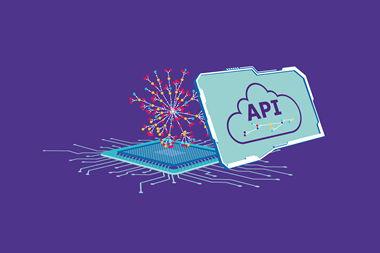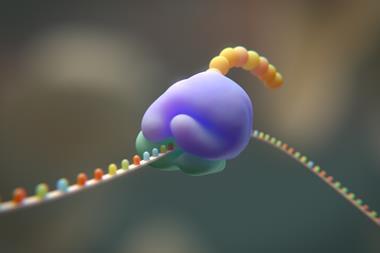Biotech industry is concerned that ruling will hit small companies
The US supreme court has ruled that the authorised sale of a patented product anywhere in the world ‘exhausts’ the patent holder’s rights over that product, regardless of any restrictions the holder purports to impose. The decision stems from the case of a company that refills and re-sells patented printer cartridges, but has broader implications, especially for pharmaceuticals.
Some observers worry that drug companies will refuse to sell medicines at low prices in lower-income markets, or for research uses, owing to concerns about pharmaceutical arbitrage, whereby drugs are bought cheaply and then re-imported or sold on at high markups.
The US Biotechnology Innovation Organization expressed immediate concern that the court’s decision could make it harder for patients across the globe to access critical therapies. The trade group’s chief executive, Jim Greenwood, also noted that small biotechnology companies rely on patent system to bring innovative technologies to market, and suggested that the ruling will undermine the stability the system provides.
‘The decision systematically undercuts innovative companies willing to sell their products at discounted prices for special uses, such as furthering scientific research and helping underserved populations,’ Greenwood warned.

















No comments yet